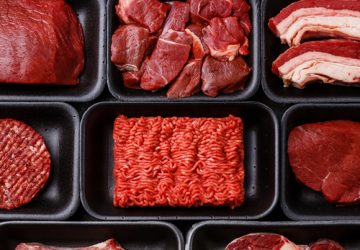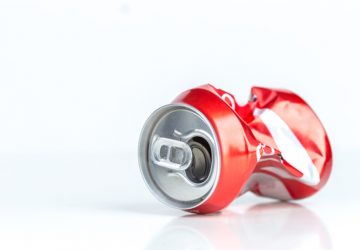The clichéd local food argument is back again, and so is Mark Bittman. In his latest New York Times column, Bittman claims that he would prefer it if most of our food, “came from within a few hundred miles of where we live.” We should do this, he claims, because “We’d be more secure and better served, and our land would be better used. And I’d feel prouder.” Reality check: Most Americans are proud of the current system that gives consumers choice and variety, even if Mark Bittman apparently isn’t.
Eating only local foods might work in California, but how exactly would the nutritional needs of Alaskans be better served by not having access to fruits and vegetables year round? It’s simple, they wouldn’t. Just like Minnesotans get Vitamin C from Florida oranges, Alaskans should be able to decide if they want their diets to be limited by their natural climate or not. (We’re pretty sure we know which choice they’d favor.)
What Bittman suggests would not only severely limit consumer choice, but also it could be worse for the environment. In 2006, researchers at New Zealand’s Lincoln University compared the emissions and energy performance of their country’s domestic agriculture industry. They found that shipping lamb from New Zealand to England was four times less emissions-intensive than serving the Brits lamb produced right in the UK. The increased efficiency more than makes up for the jet (or truck) fuel burned to bring products to market.
But Bittman strays from the typical (long-debunked) argument that locavorism is eco-friendlier, instead claiming that “when imports stop we won’t have the food to replace them.” This is blatant fear-mongering. It’s true that we’d experience shortages of some foods that we typically have, but we’re currently a net exporter of food (as Bittman acknowledges) so there’d still be plenty to go around (even if our choices were more limited). But really, what’s the likelihood that importation will just “stop”?
Comparative advantage seems to be a foreign concept for Bittman, even though our domestic food system utilizes it quite well. (The banana industry isn’t based in North Dakota, after all.) If one state is better at growing corn and another state is better at growing oranges it is in the interest of both states to trade, so let them. Consumer choice is at risk when trade is abandoned in favor of trendy, unhelpful local only policies.




